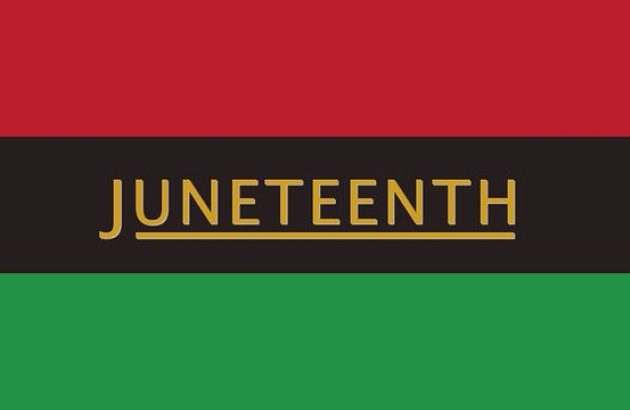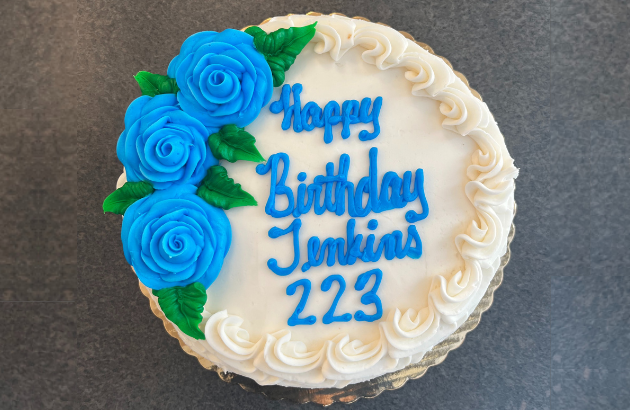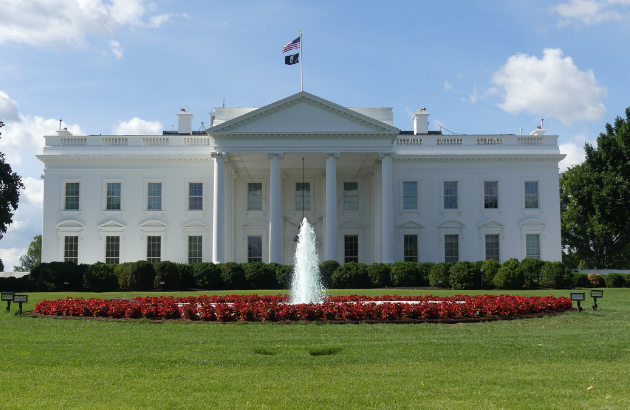Blog
Celebrating Juneteenth
Today is Juneteenth (a blending of “June Nineteenth”), an “annual observance to celebrate the date Union soldiers enforced the Emancipation Proclamation freeing all remaining slaves in Galveston, Texas, on June 19, 1865” (National Juneteenth Observance Foundation). Juneteenth - which goes by many names, including Emancipation Day, Freedom Day, or Black Independence Day - is a tradition that has been celebrated by African American communities since the late 19th century. This year marks the 155th anniversary of the observance.
History
It was on this date in 1865 that Major General Gordon Granger and over 2,000 Union troops arrived in Galveston to inform Texans of both the Emancipation Proclamation - which had been signed by President Lincoln two and a half years earlier - and of the end of the Civil War, which had begun two months earlier when Confederate General Robert E. Lee surrendered his troops to Union General Ulysses S. Grant in Virginia (History.com). Granger publicly read General Order No. 3, which began: “The people of Texas are informed that, in accordance with a proclamation from the Executive of the United States, all slaves are free” (Smithsonian).
At that time, Texas, which was in the far reaches of Confederate territory, had still been practicing slavery despite the Emancipation Proclamation (CRS Report). The Proclamation itself was limited. Although it liberated slaves in most secessionist states and enabled over 200,000 black men to serve as soldiers and sailors for the Union, it did not free slaves in the border states loyal to the Union, for example (National Archives). Slavery was not abolished in the U.S. until the 13th amendment was ratified later that year, in December 1865.
Therefore, Juneteenth is celebrated as a symbolic date with “roots tying back to Texas soil from which all remaining American slaves were finally granted their freedom” (NJOF). It was first celebrated by Texans in 1866 with parades, cookouts, prayer gatherings, performances, and more. In 1980, Texas became the first state to make Juneteenth an official state holiday, per H.B. 1016.
Check out the National Museum of African American History and Culture’s page on Celebrating Juneteenth for various exhibitions and historic images of Juneteenth commemorations.
Modern Juneteenth Movement & 2020 Celebrations
In more recent history, there has been a push for greater national recognition of Juneteenth. According to the National Juneteenth Observance Foundation, leaders from across the country convened in New Orleans in 1994 for this purpose, and several Juneteenth organizations grew out of this gathering.
Although it is not yet a Federal holiday, the Modern Juneteenth Movement has helped prompt a total of 47 states and the District of Columbia (See Table 1) to pass legislation recognizing or observing Juneteenth as a holiday or observance. In Pennsylvania, “Juneteenth National Freedom Day” was first recognized in 2001, and received a permanent annual designation in 2019 when Governor Wolf signed House Bill 619 (2019). In Philadelphia this year, Mayor Kenney signed an executive order closing city offices and facilities in observance of the holiday.
In Philadelphia, there are a number of Juneteenth events planned for 2020. Check out this list of celebrations compiled by WHYY, including Jawnteenth (in-person at Malcolm X Park; masks and physical distancing encouraged) and a virtual festival hosted by the African American Museum in Philadelphia. Although the annual Philadelphia Juneteenth Parade & Festival was cancelled this year, the host organization published a #JuneteenthQuarantine Resource Guide to help people celebrate despite the pandemic!




